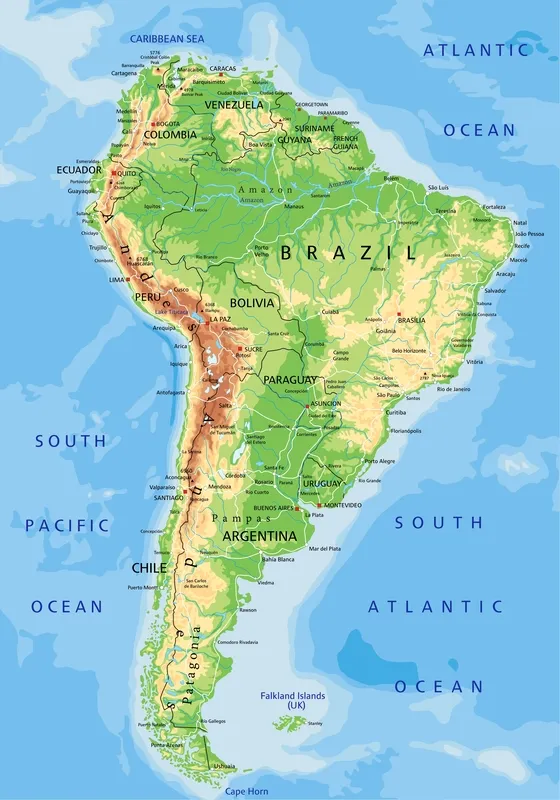Odebrecht has been awarded a concession for Brazil’s important BR-163 federal highway route. The 851km section of highway runs through Mato Grosso state and the deal is worth some US$2 billion, according to a report by Business News Americas. As part of its contract, Odebrecht will have to widen a 454km stretch of the route within five years and is also required to build nine new toll booths.
November 29, 2013
Read time: 1 min






